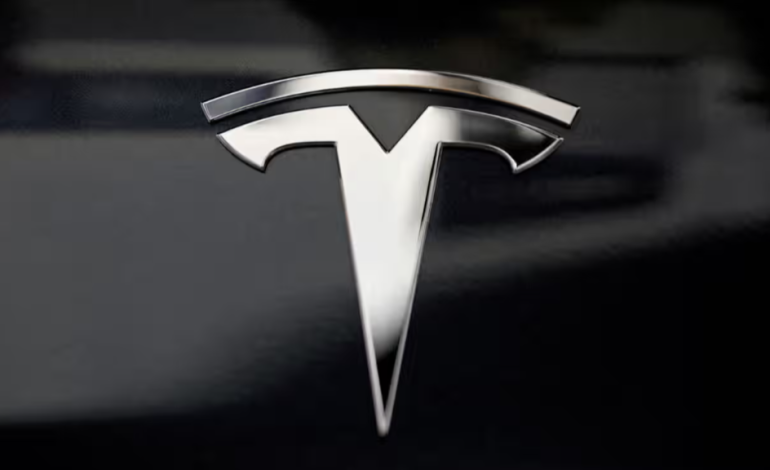Tesla has dismissed a key executive as the electric vehicle giant navigates a period of declining sales and mounting competitive pressure, Fotbes reports.
CEO Elon Musk has removed Omead Afshar, the company’s head of operations in North America and Europe, in what industry watchers interpret as a strategic move to address ongoing challenges in global performance.
The decision comes amid Tesla’s fifth consecutive month of falling vehicle sales in Europe, with analysts forecasting a 10% drop in worldwide electric vehicle deliveries. Tesla’s market share has been squeezed by increasing competition in both legacy and emerging EV markets, alongside concerns over pricing strategies and product delays.
Afshar’s departure marks one of the most significant leadership changes at Tesla this year. Though no public reason was given, sources familiar with the matter suggest the move reflects growing pressure within the company to reverse declining performance and sharpen its operational focus in key global markets.
Instead of expanding its traditional vehicle lineup, Musk is doubling down on Tesla’s long-promised autonomous vehicle strategy. Earlier this week, Tesla launched a pilot robotaxi service in Austin, Texas—an ambitious move that underscores Musk’s belief that self-driving technology will define Tesla’s next growth phase.
The robotaxi program, still in its early stages, comes as competitors like BYD, Rivian, and legacy automakers including Ford and GM continue to release new electric models. Critics argue Tesla’s focus on autonomy comes at the cost of near-term product innovation, but supporters see it as a long-term differentiator.
Tesla’s brand image has also been under scrutiny. Musk’s vocal support of President Donald Trump and his association with cryptocurrencies like Dogecoin have drawn mixed reactions from consumers and investors alike. Some analysts suggest that public perception, particularly in European markets, may be affecting demand.
While Musk remains the central figure at Tesla, his increasingly wide-ranging business interests—from SpaceX to xAI to social media platform X—have prompted questions about his bandwidth and focus.
Tesla’s leadership shakeup comes against a broader backdrop of political and economic developments. President Trump is expected to name a new Federal Reserve chair soon, potentially impacting interest rates and borrowing costs, including those that influence consumer auto financing.
Simultaneously, legislative hurdles are slowing progress on Trump’s flagship tax-and-spending proposal, which could reshape federal priorities, including those affecting the clean energy sector—an industry in which Tesla remains a central player.
With Tesla’s retail and investor communities watching closely, the company faces a critical period. Afshar’s removal is the latest in a series of internal shifts aimed at repositioning the automaker as it navigates a transforming EV market and uncertain regulatory environment.
Musk has said little publicly about the leadership change but has reiterated that Tesla’s upcoming “Robotaxi Day” in August will unveil a new vehicle platform that could reshape mobility.










The latest news in your social feeds
Subscribe to our social media platforms to stay tuned